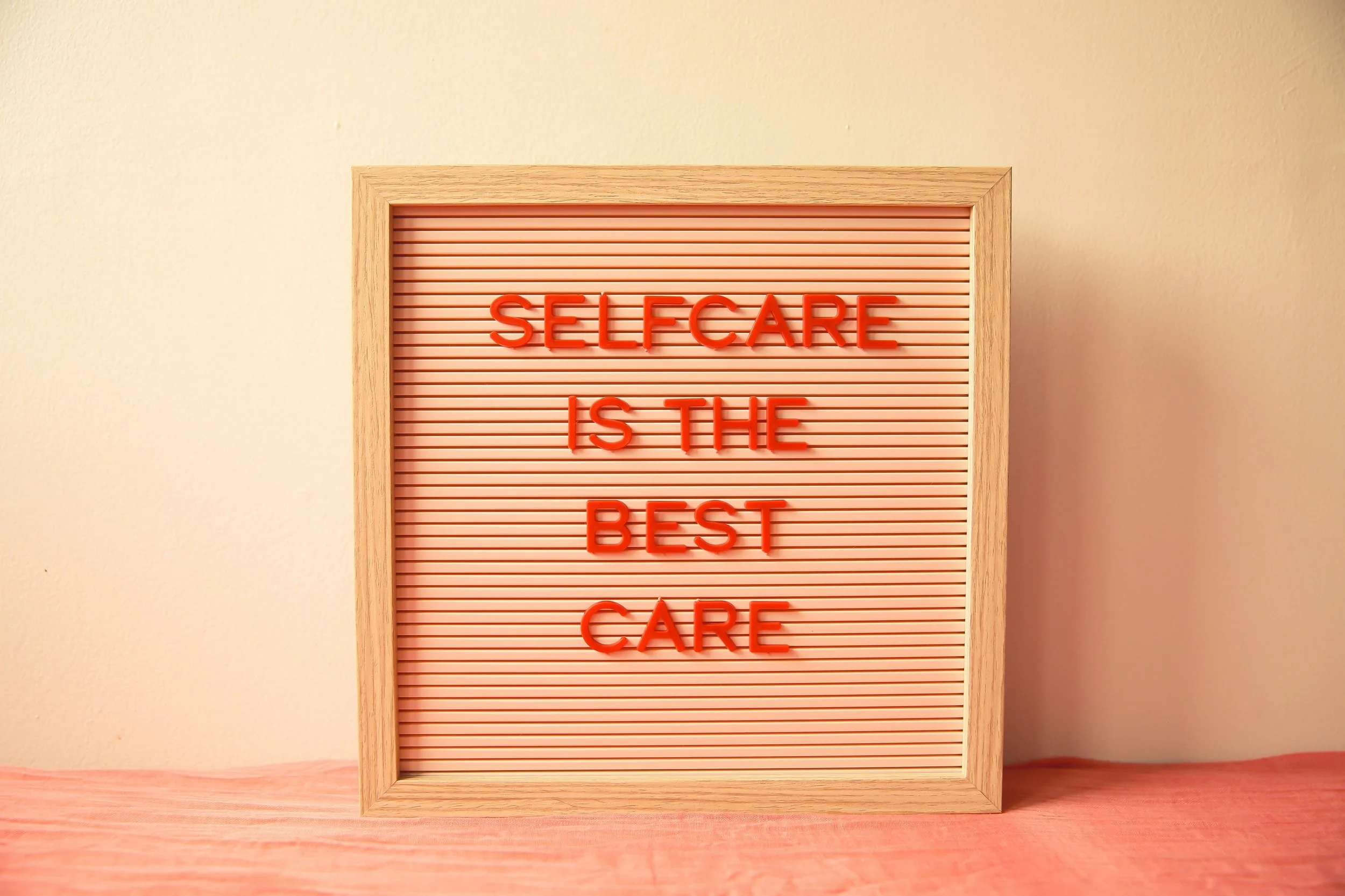navigating Self-Care as a caregiver for your elderly parent
I’ve been living with and caring for my 99-year-old father for six months. It was a big decision to alter my life so fully and one that I do not regret. I am not doing this alone - I have a large family with five siblings and their partners plus lots of nieces and nephews who are contributing to his care and friends who help in any way they can. We also have caregivers who I am so grateful for and could not do without.
One of the important lessons I learned early on is that taking care of myself while caring for my elderly parent is crucial for both our well-being. It took me a while to get up to speed and it made all the difference.
What does self-care look like?
Your physical well-being: We frequently hear about the importance of exercise, a healthy diet, and getting adequate sleep. This is especially true when caring for others. I get that the stress of caring for a parent can lead you to grab a bag of chips and distract yourself in front of the TV until the late hours. Eventually, it takes a toll. Your energy level plummets and your patience wears thin. It’s not a pretty picture.
If you do not already have an exercise routine, find one that fits your schedule and that you will enjoy doing. Your alone time is limited when caring for someone else so even if you move for 10 minutes a day, I call that success. Go for a walk, climb the stairs a few times, or find a 10-minute workout on the internet. Any movement is good.
You need a ton of energy to care for your parent. Cutting back on processed foods and eating more fruits, vegetables, and protein will go a long way in boosting your energy level. Yes, you deserve that bowl of ice cream. I’m the last person to tell you not to indulge. Just keep it to a minimum.
Sleep can be elusive depending on the level of care you are providing. It’s critical to get at least 6 - 8 hours of sleep a night. I do not function well when I don’t get enough sleep.
Your emotional well-being: Taking breaks is essential. Find someone to cover for you and go to a movie, go out to dinner with friends, go for a hike, go to the gym, or visit a museum. The important thing is to leave the house for other reasons than work.
If you work from home, consider finding a co-working space so that you can get out of the house and focus on what needs doing.
Engaging in mindfulness activities such as meditation or yoga can go a long way in managing stress. Seek emotional support through therapy or support groups. Sharing your feelings about managing the care of a parent is hugely helpful.
Setting boundaries: You are supporting your parent’s emotional well-being. They become dependent on you and often become anxious when you are about to walk out the door. This is a tough one and you need to let them know you will return and there is someone that is watching over them while you are gone. Your emotional well-being is equally important and it does not serve them or you to skip taking a break from caring for them.
It is also important to set boundaries with family and friends. Honor those times when you just want to spend time with your parent or you want to be alone. As long as you honestly and openly communicate your needs, they will understand.
Asking for help: I am fiercely independent and find it difficult to ask for or accept help. The rigors of caring for a parent helped me get over that pretty quickly. Now when someone offers to make dinner, cover for me, or run an errand, I’m all in. I am fortunate to have family and friends who offer to help on a regular basis. I am also learning to ask for help which apparently is a bit more difficult for me!
You know how they instruct you on your flight to put on your oxygen mask before putting one on your child? You are of little use to your loved one if you don’t take care of yourself.
Self-care is not a luxury. It’s a necessity.

